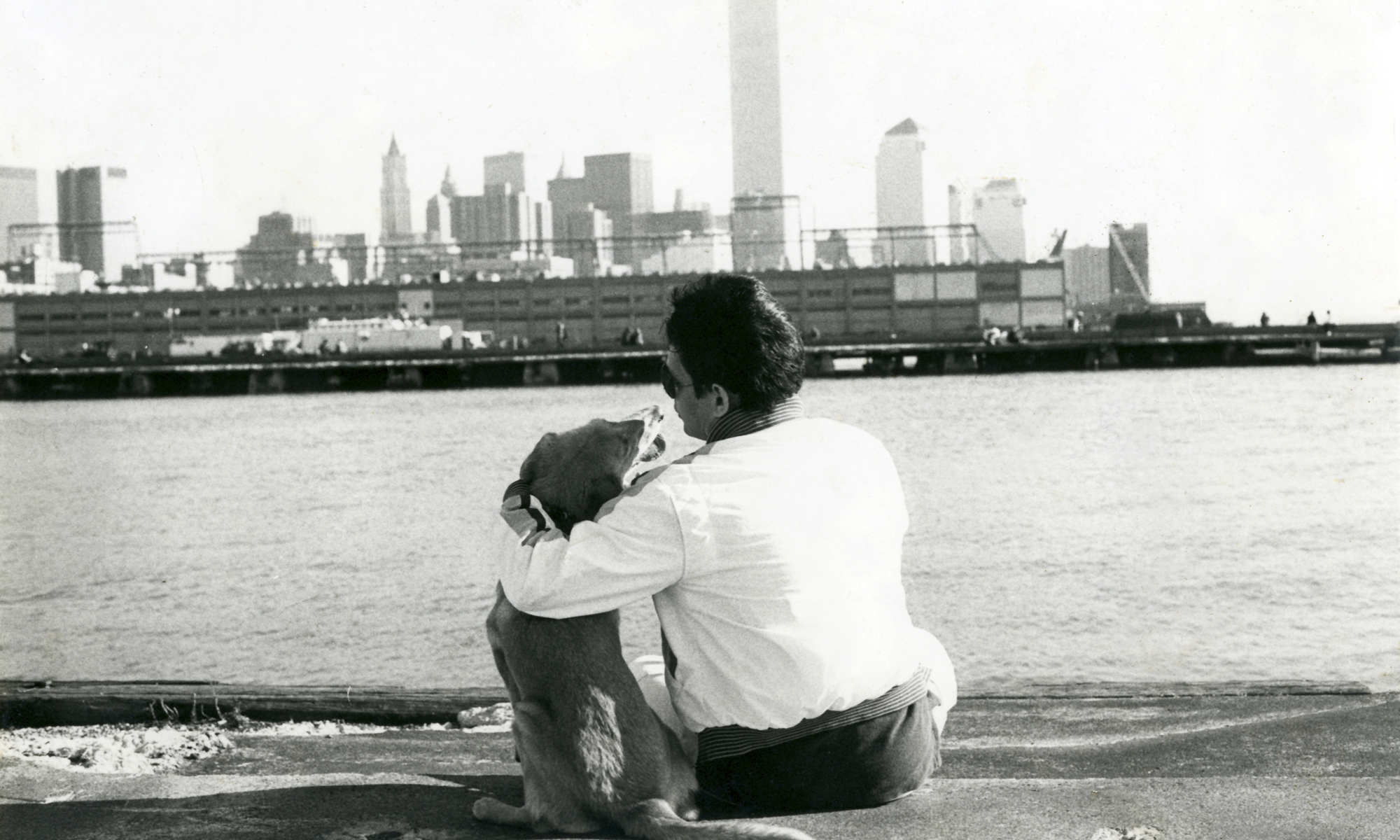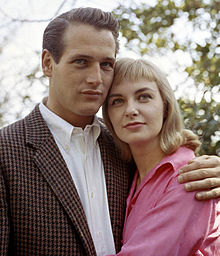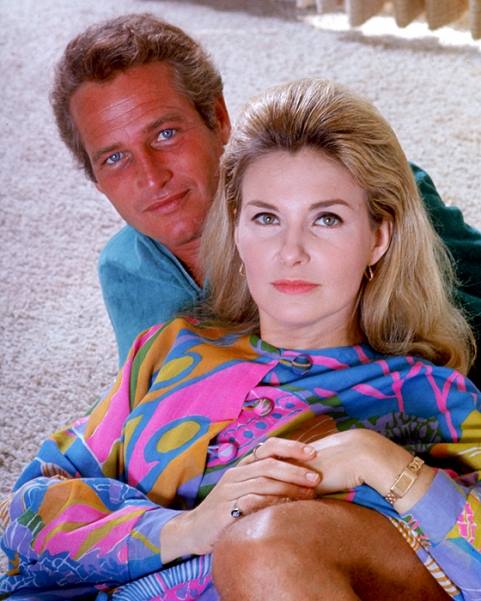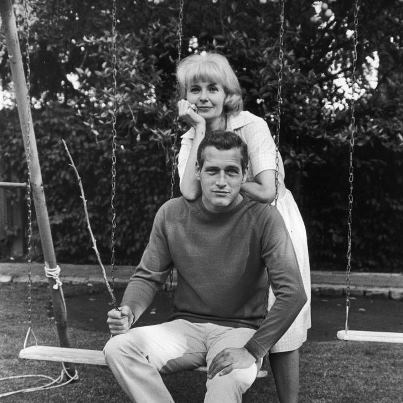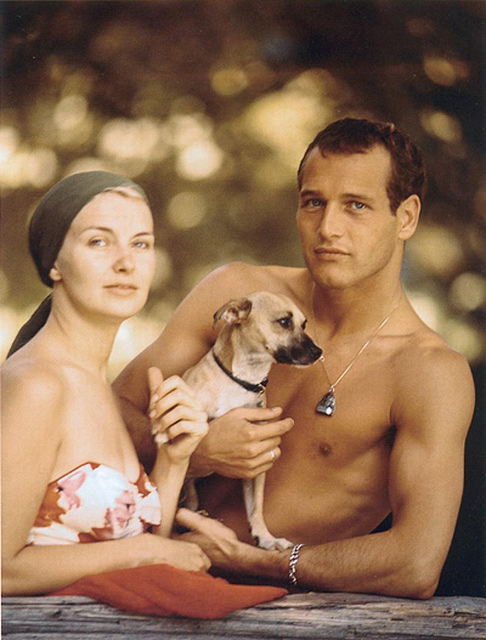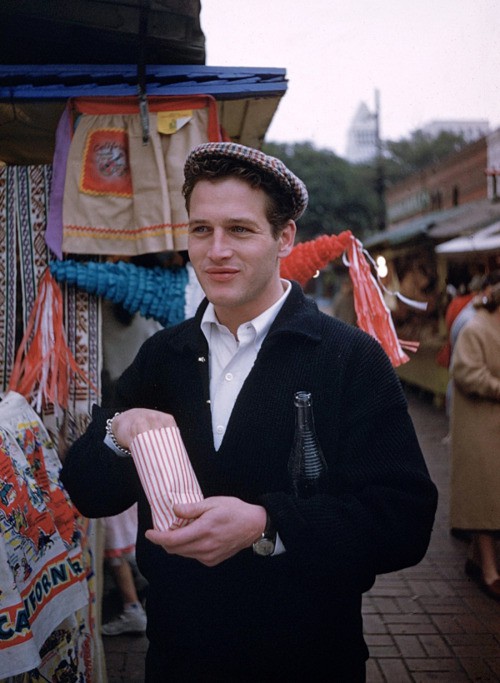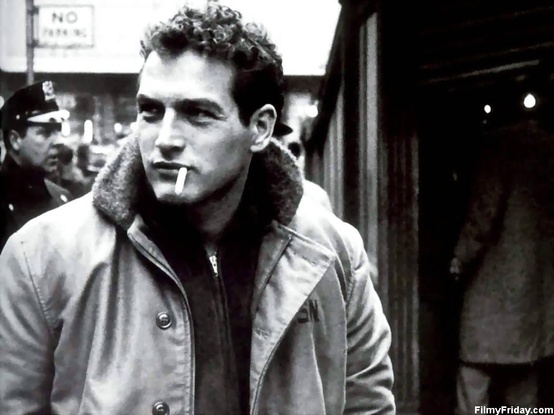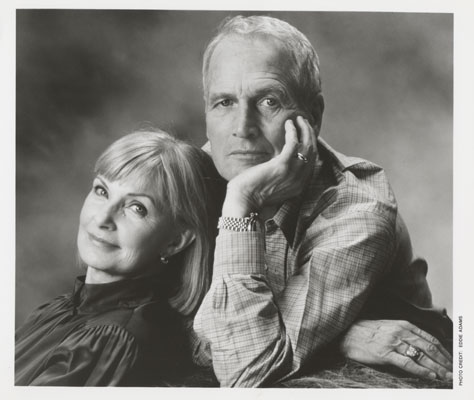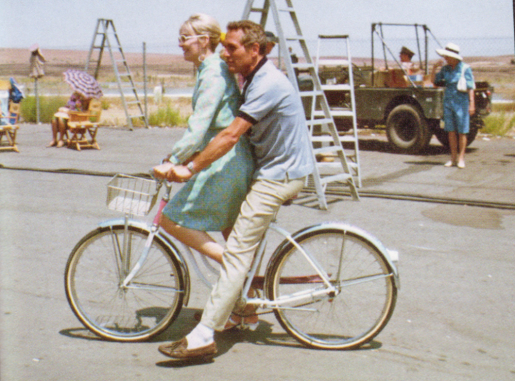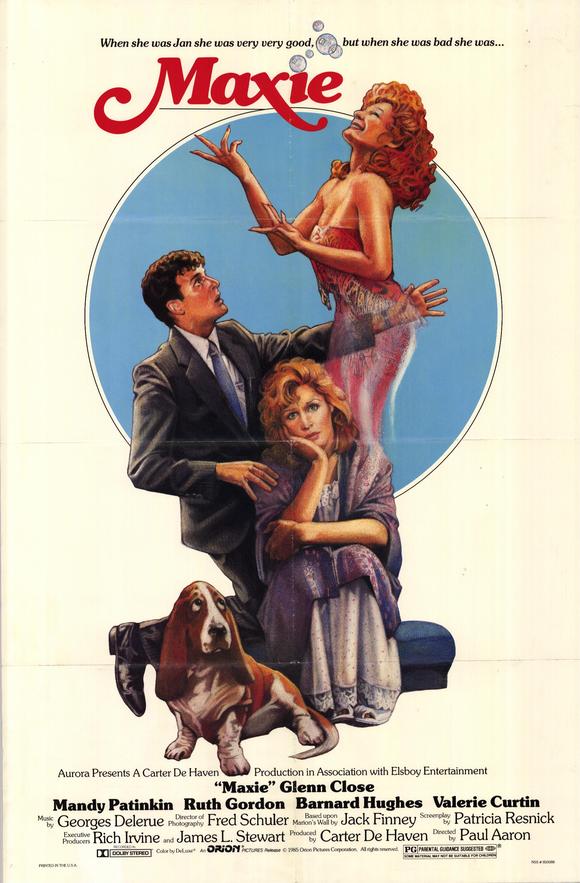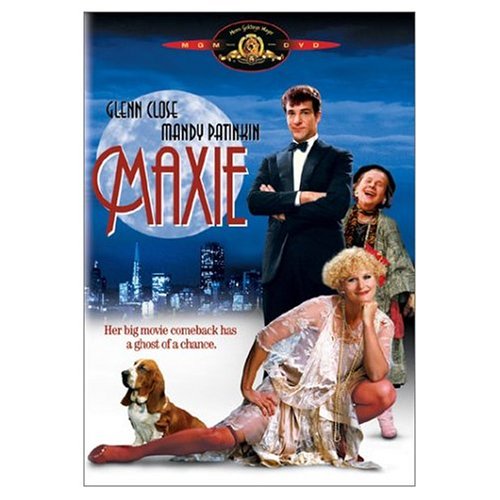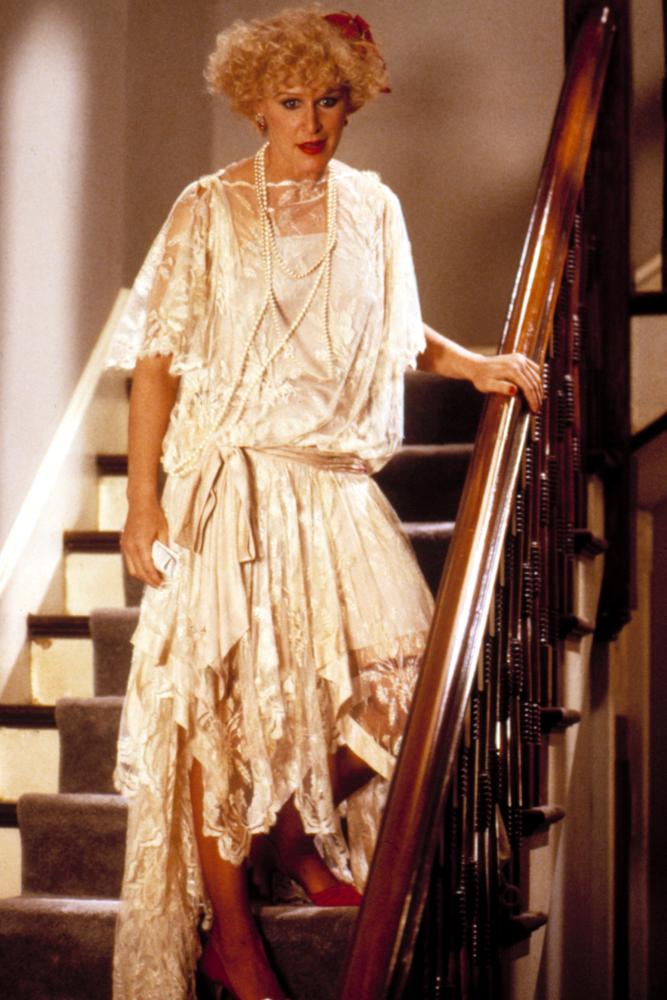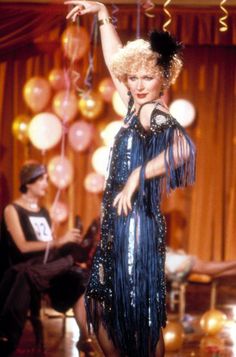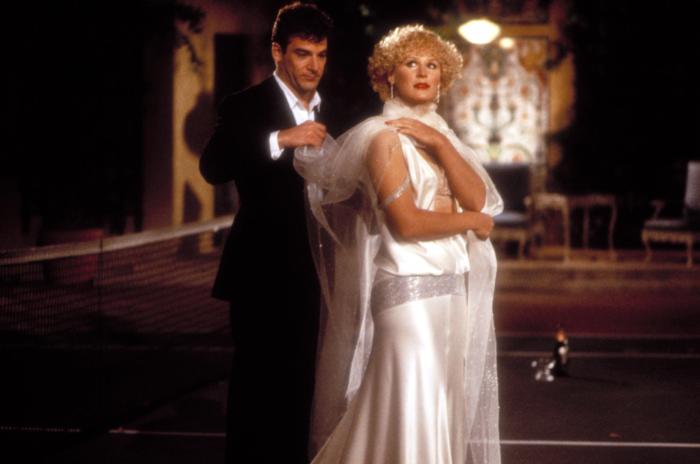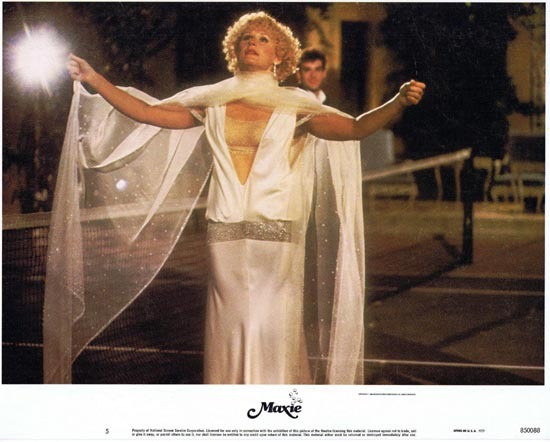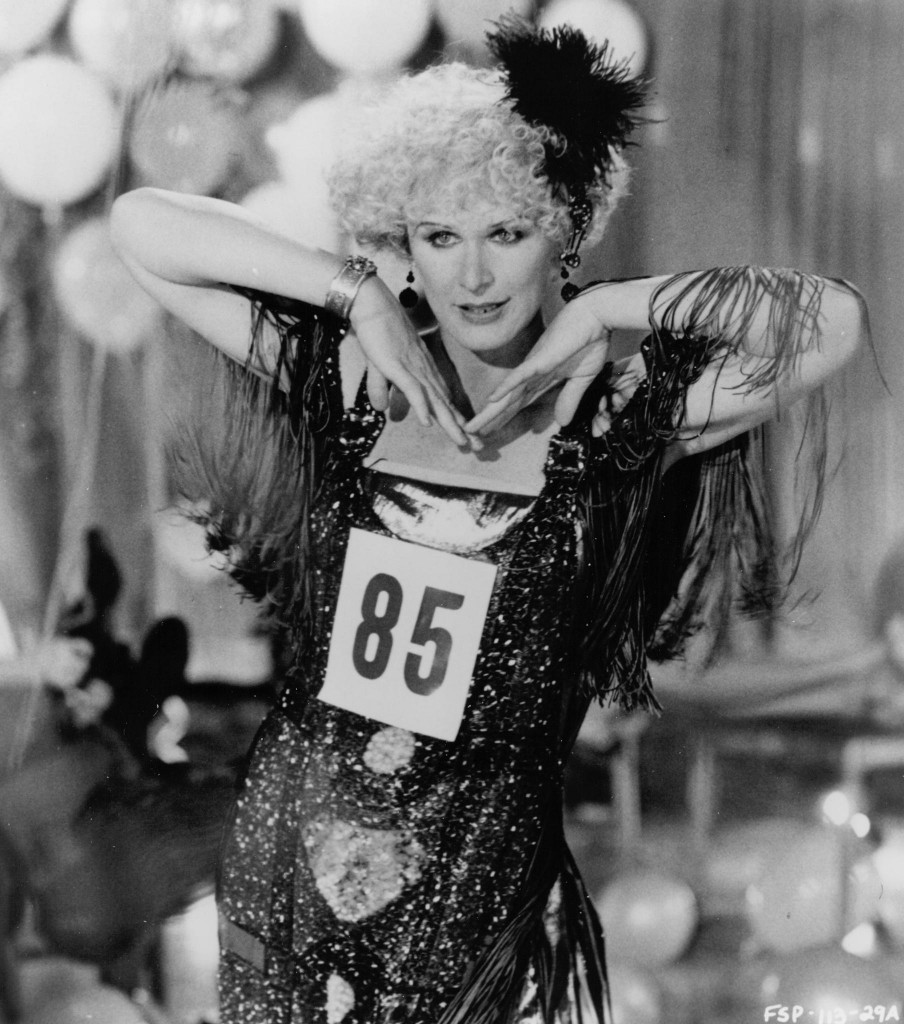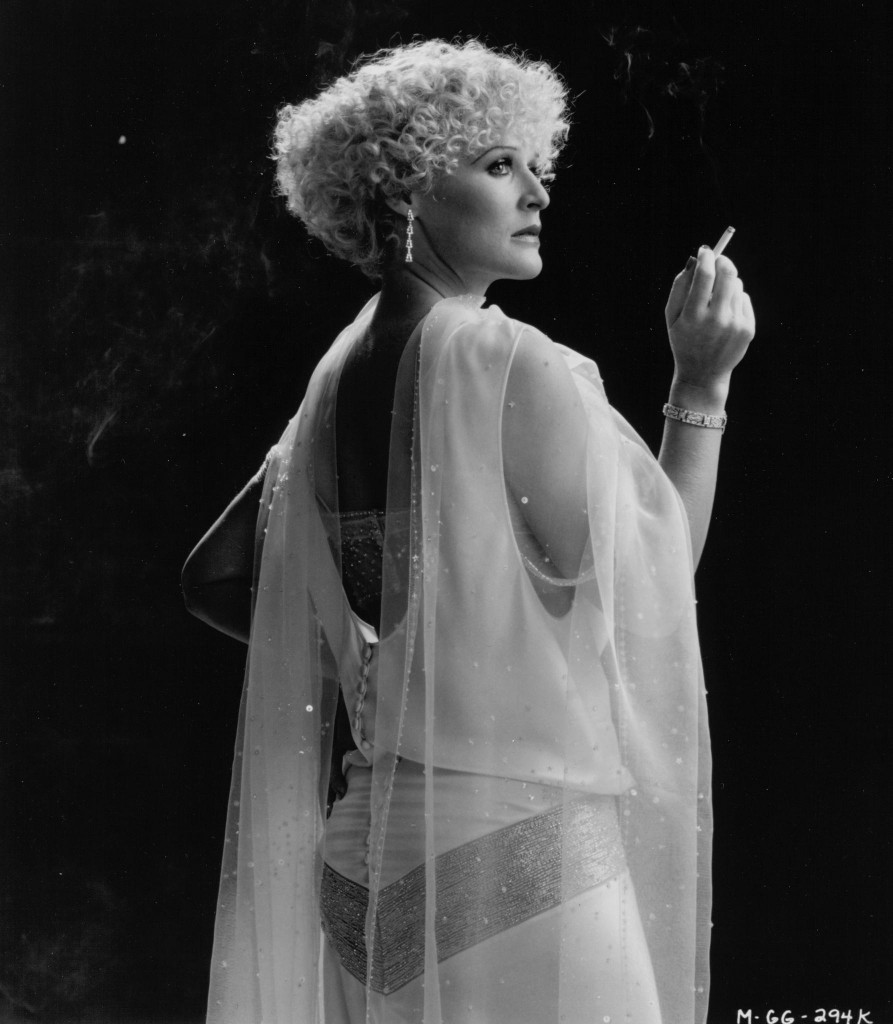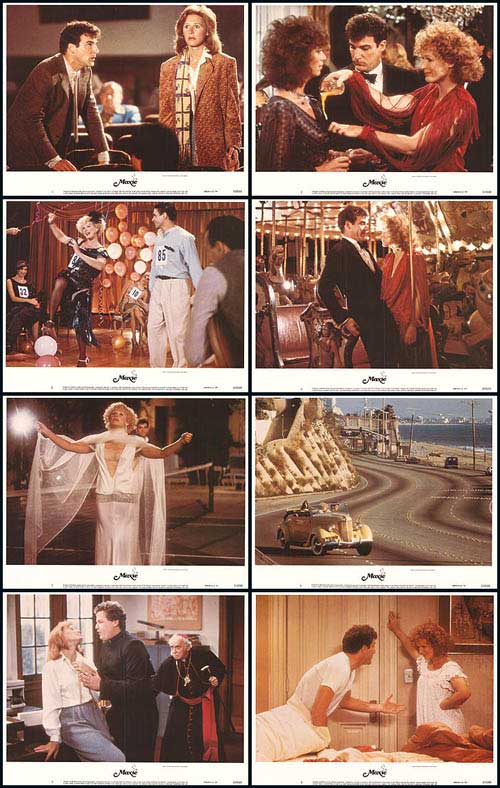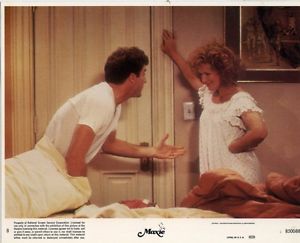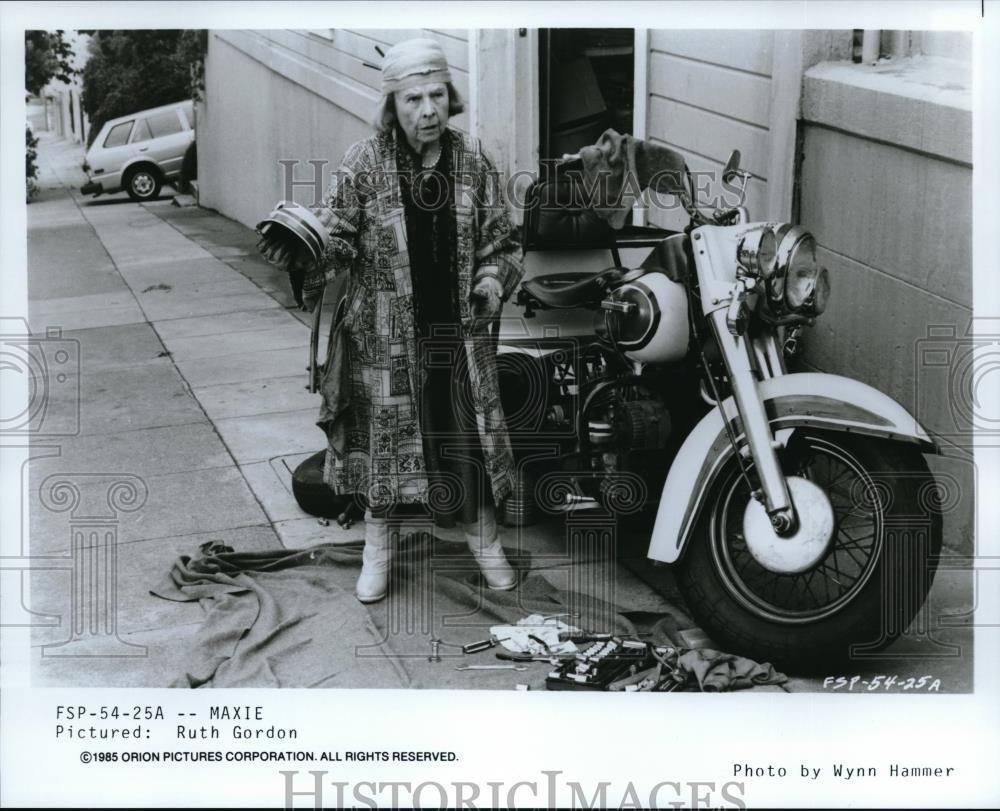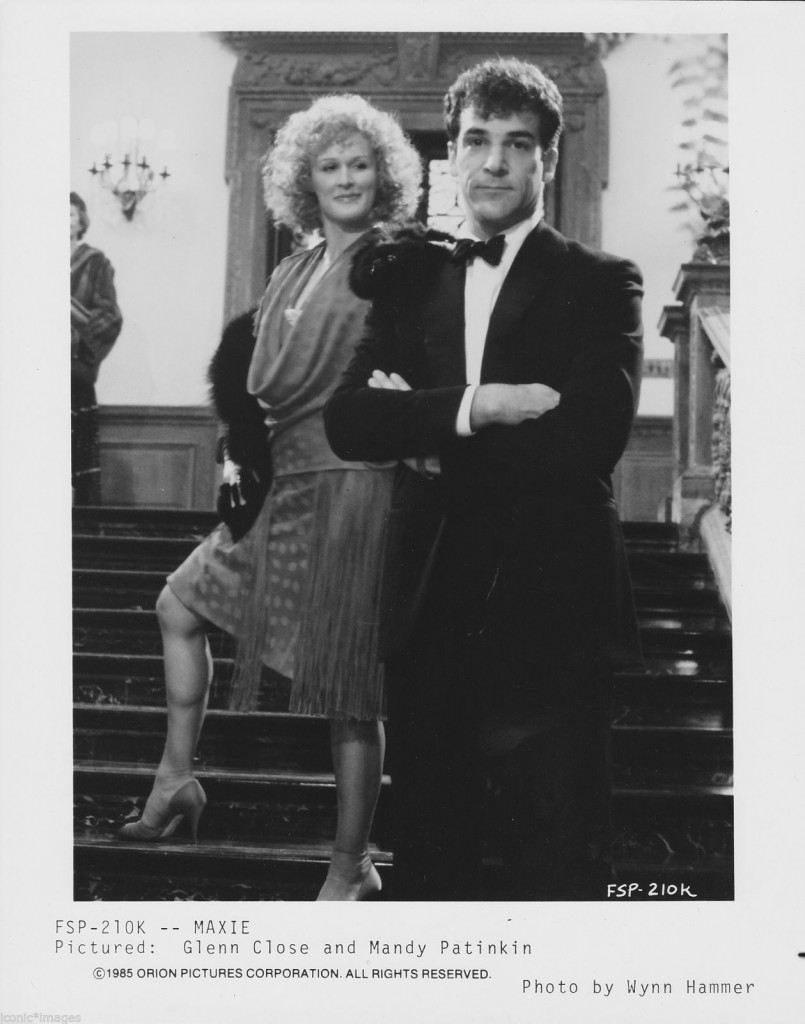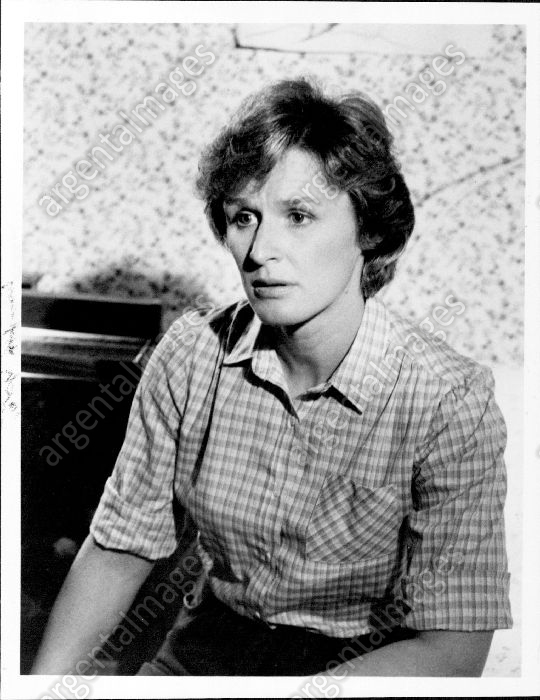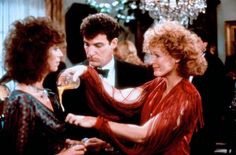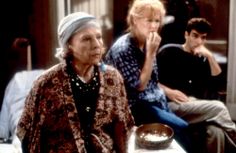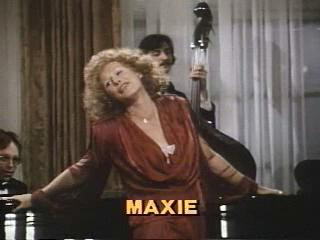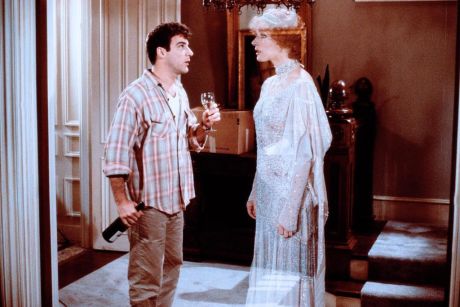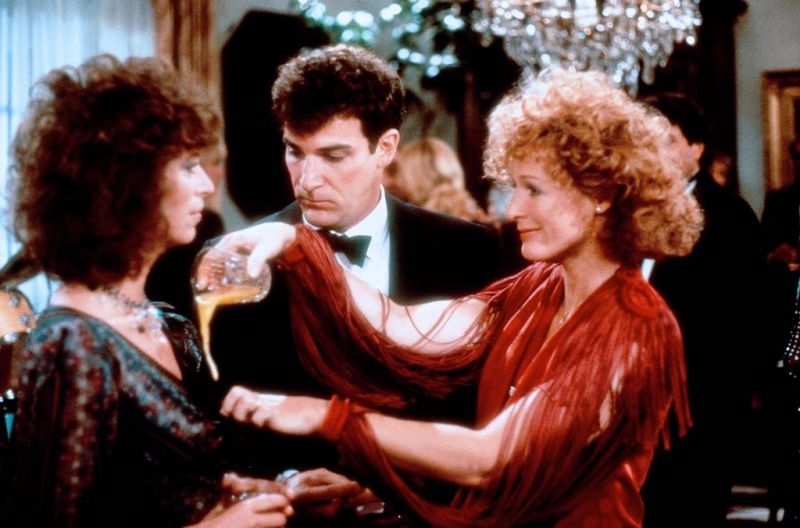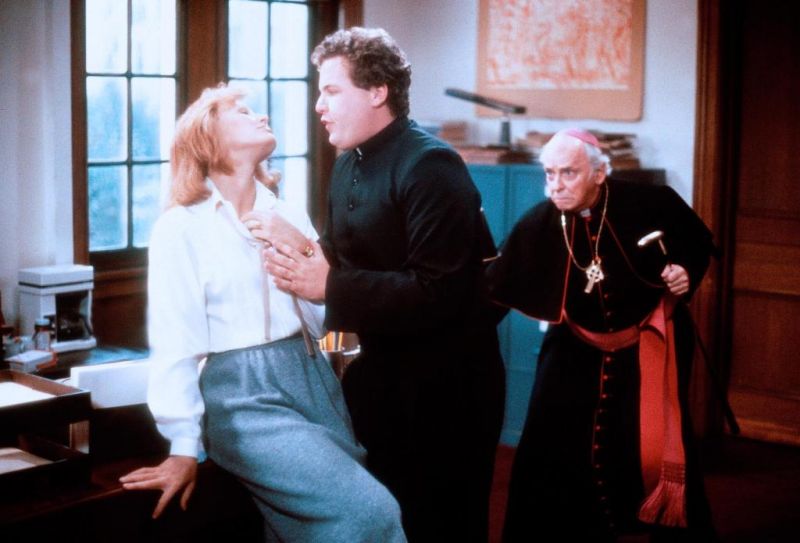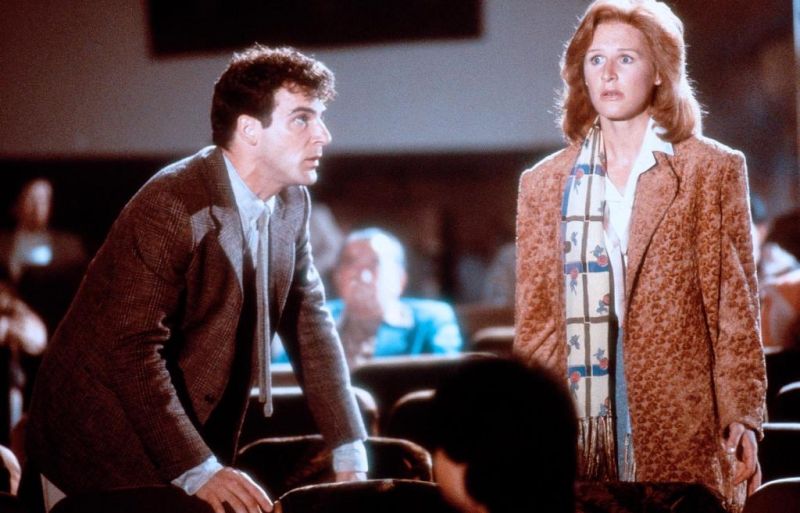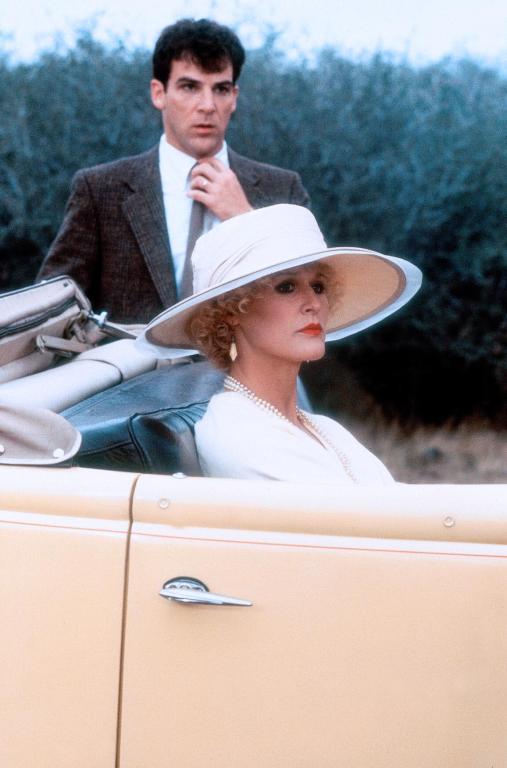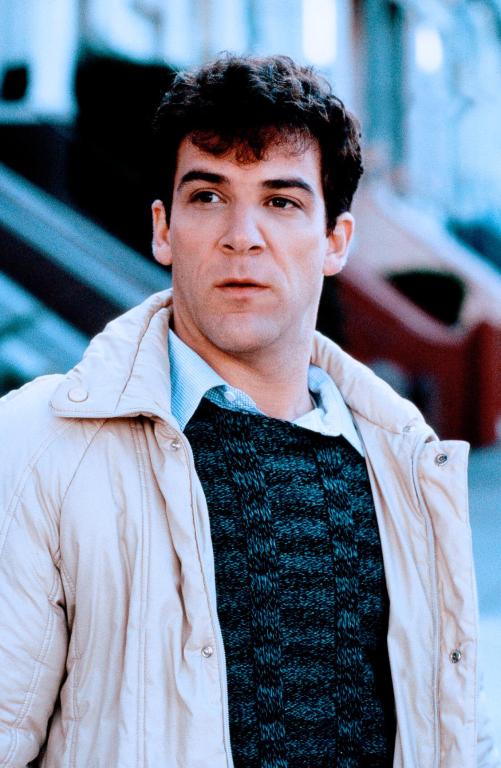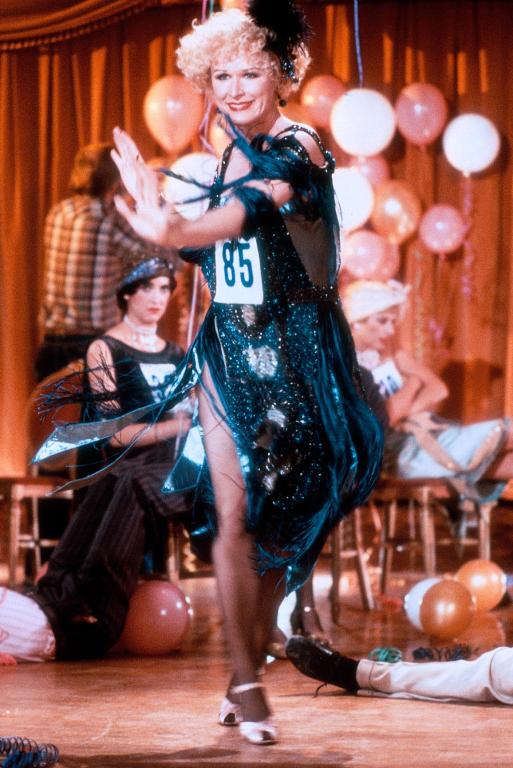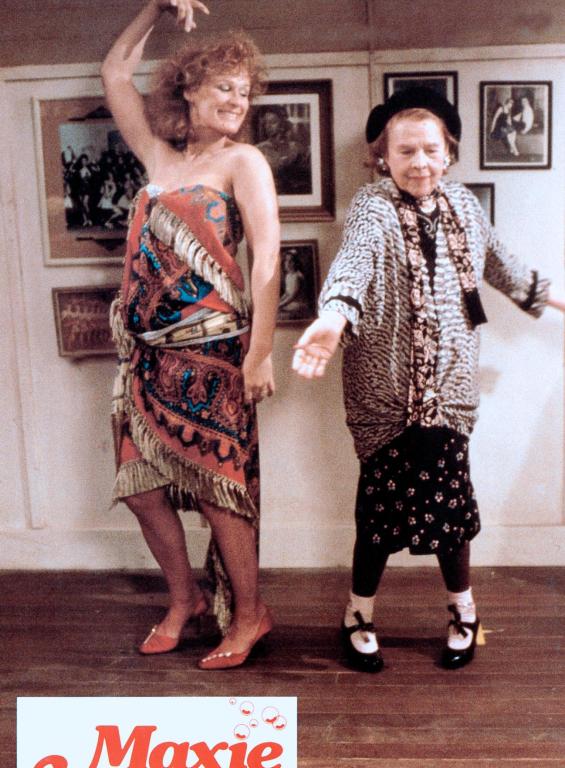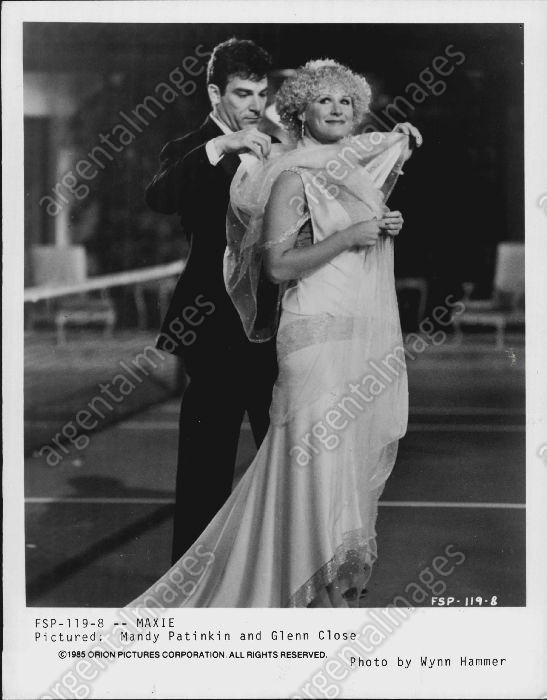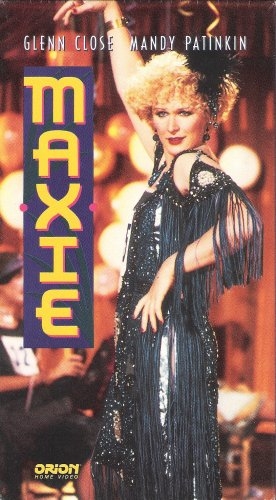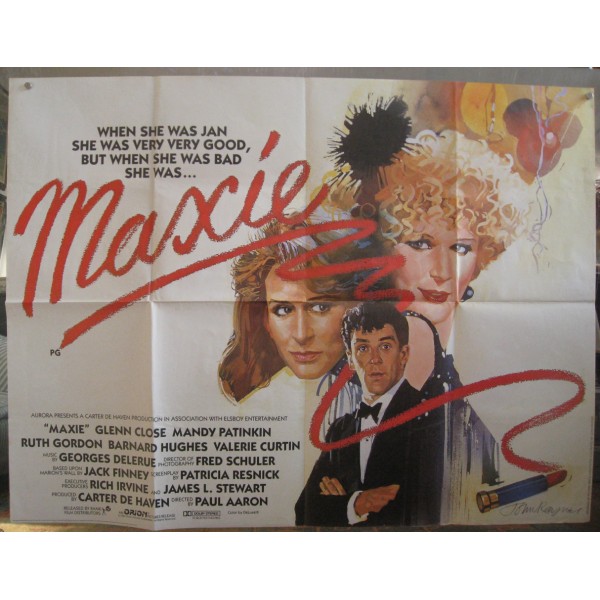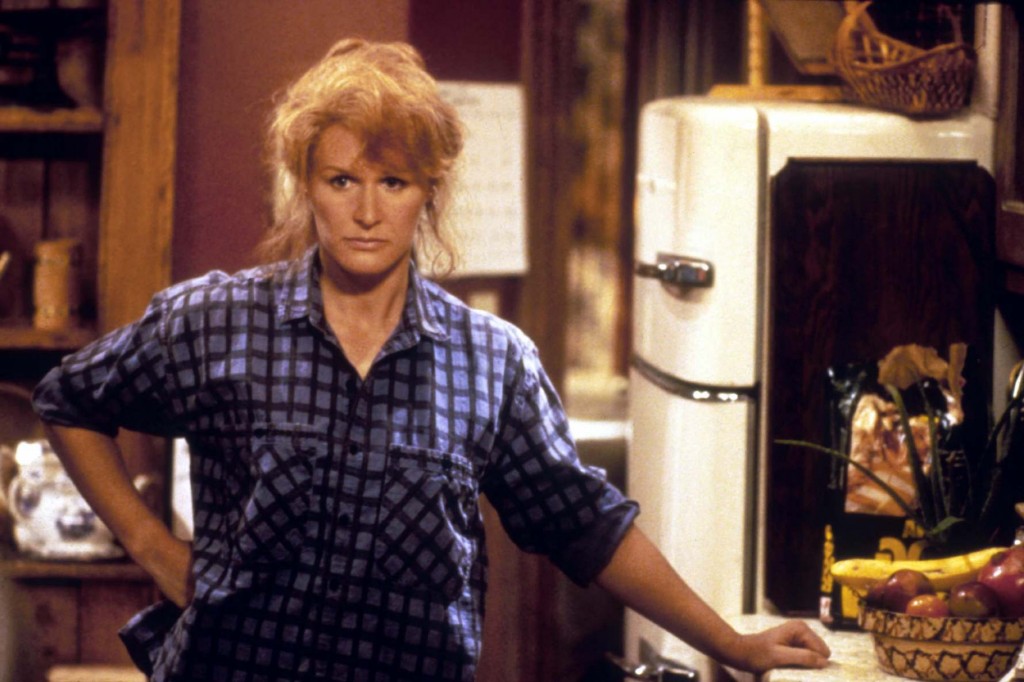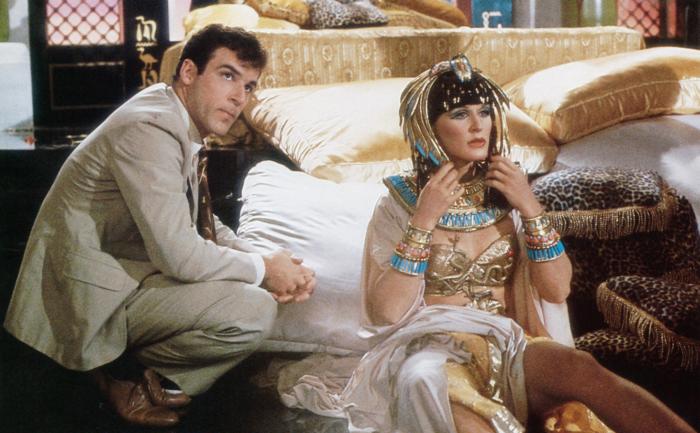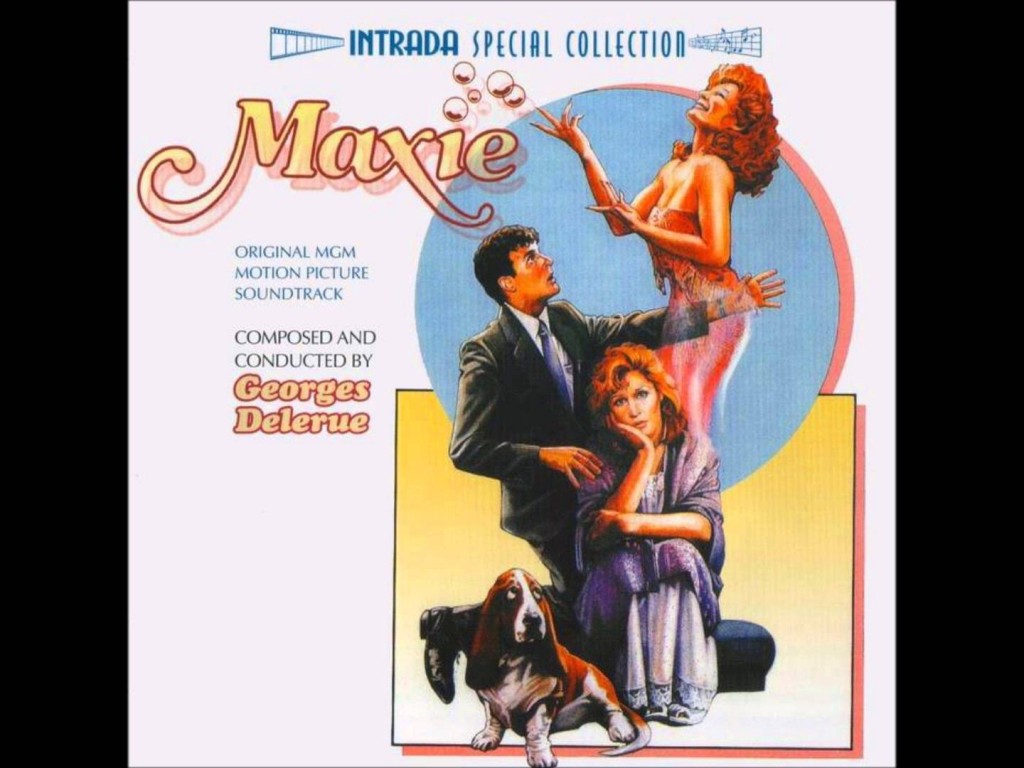The wonderful love of Joanne Woodward and Paul Newman
To Celebrate Its Jewish History, Poland Presents ‘a Museum of Life’
After several days of concerts, seminars, festivals and hoopla, the core exhibition of the Museum of the History of Polish Jews — the most ambitious cultural institution to rise in Polandsince the fall of Communism — will be unveiled on Tuesday. Poland’s top political leaders will be there, as will the president of Israel and other international dignitaries. The institution has been embraced across the political spectrum and has drawn only scattered, mild protest.
In eight sprawling galleries, packed with multimedia exhibitions and artifacts, the museum traces the history of Jews from their first appearance in Poland in the Middle Ages to the present day. The Holocaust, the part of the story that is most often remembered, fills only one of the eight galleries.
click here to read full article
Maxie – 1985 Full Movie – Starring the great Ruth Gordon – Glenn Close – Mandy Patinkin – Barnard Hughes
Maxie
Film was made in 1985 It is directed by Paul Aaron and stars , Glenn Close, Patinkin, Valerie Curtin, Barnard Hughes and the one and only Ruth Gordon
When husband and wife Nick and Jan move into an old house in San Francisco , they uncover a message under layers of wallpaper left by a previous tenant. (“Maxie lived here! Read it and weep!”).
The daft landlady from upstairs is overwhelmed when she sees the message and tells them about a girl who lived there in the 1920s. Maxie was a brash young party girl who died in a car crash the morning before her big audition for a Hollywood studio. Her only movie legacy, mere minutes on film, is dug up by Nick who watches it with his wife.
Just after Jan goes to bed, Maxie’s ghost appears. She has never seen herself on film. She laments never having a shot at stardom and then vanishes. Nick can’t figure out if the house is really haunted or if he is hallucinating. He also has his hands full with Miss Scheffer, his boss, who has romantic designs on him.
Maxie eventually takes over Jan’s body, first to experience life, then to try out for a television commercial and ultimately to go to Hollywood for a movie audition she is offered after the commercial. Finally she can fulfill her destiny. Her misadventures mess up Jan’s and Nick’s lives, to the point that Jan is pursued by her boss, Bishop Campbell, who wants to exorcise her. Nick remains utterly fascinated by this woman, who looks exactly like the wife he still loves.
The History of Warsaw – From the 1906 Jewish Encyclopedia
The following is an excerpt of the full text of the history of Warsaw from the 1906 Jewish Encyclopedia:
Capital of the Russo-Polish government of the same name, and former capital of the kingdom of Poland; situated on the left bank of the Vistula. According to Polish writers, the earliest settlement of Jews in Warsaw dates from the thirteenth century, and their influence at that time is indicated by a number of documents in Hebrew script preserved in the local archives. They at first resided on the Jewish street near the present Dunai street, whence they spread to other quarters of the city, acquiring houses and lands, possessing a cemetery, and owning a synagogue near St. John’s Church.
As in other cities, their growing influence awakened commercial and social antagonism among the citizens. The Christian merchants endeavored to rid themselves of their Jewish competitors by insisting on the strict application of the Magdeburg Law, and continued their propaganda with varying success until 1525, when Prince Janush of Mazovia issued a decree which forbade the Jews to reside in Warsaw or to pursue mercantile or industrial occupations in the city. This measure was not strictly enforced, however, for two years later Sigismund I. was obliged to issue a similar decree with an additional clause which debarred the Jews from residence even in the suburbs of Warsaw. This decree likewise proved ineffective, since the Jews who were driven from the city itself settled just beyond the walls,waiting for more favorable legislation which would permit them to return.
click here to read the full text from JewishEncyclopedia.com
 Exterior of the Great Synagogue at Warsaw, Russia.(From a photograph.)
Exterior of the Great Synagogue at Warsaw, Russia.(From a photograph.)
